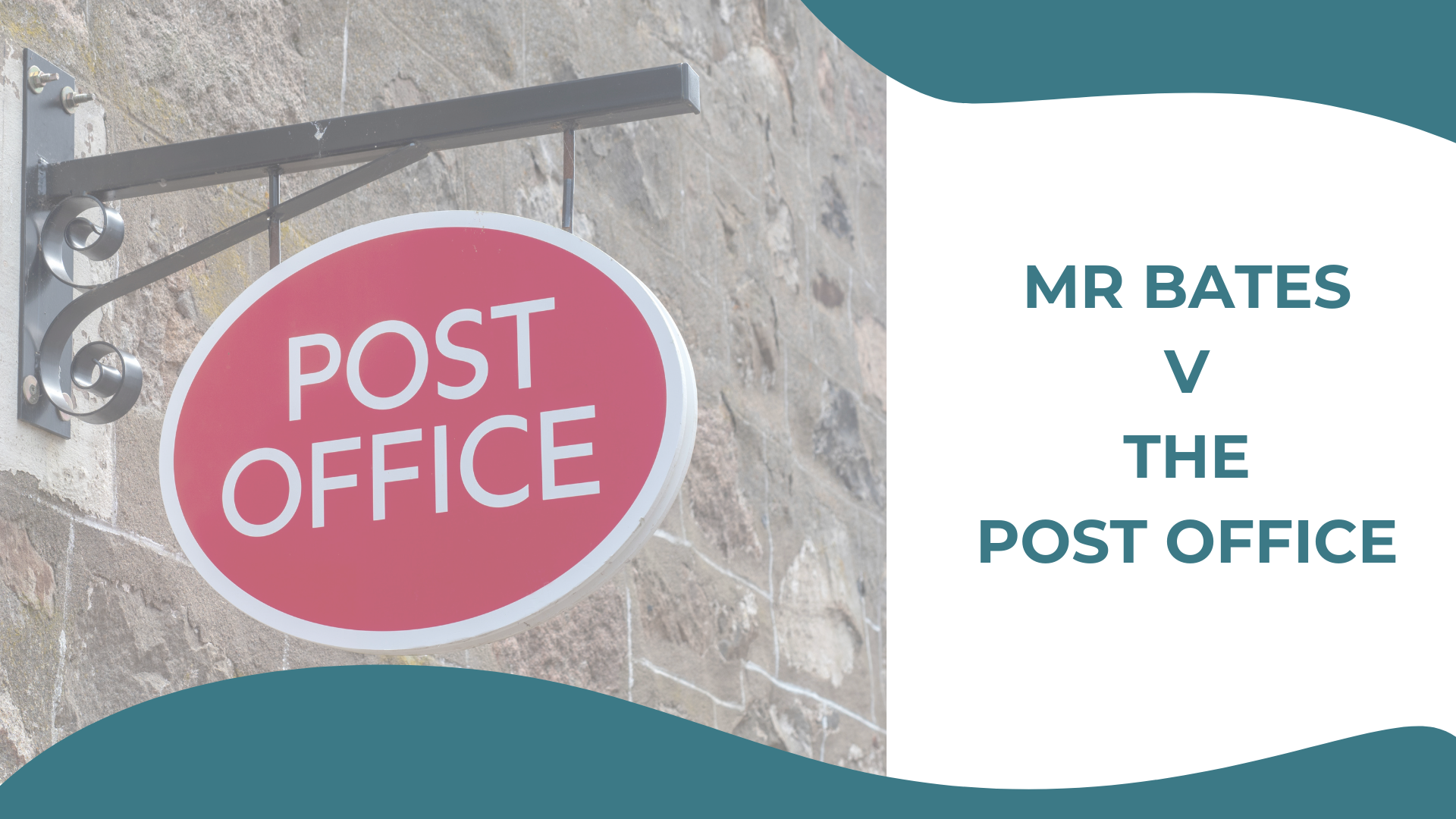This article on Sensemaking is the second article in our Leadership Insights series, looking to help leaders to learn and develop and be prepared to tackle the crises of the future.
So how do leaders lead in such uncertain times?
With the biggest vaccination programme in British history underway, we are on the cusp of putting the dark days of Covid-19 behind us. But the realists among us know that we cannot just draw a line in the sand and go back to how things were in early 2020. Even if the vaccination programme will deliver us from the fear of Covid-19 and the economy recovers in a spectacular fashion, there are psychological implications to this outlined in the World Economic Forum report which will linger on and, if not dealt with, will overshadow the recovery.
One of the things we have already noticed is that people want to and need to talk about their experiences these past 12 months. Public Health England guidance highlights 14 ways to protect your mental health during a pandemic. The top 3 of these point to social interaction with others and communication. This focus on talking and listening to one another underlines that whilst we may have all been in the same storm, we have each been in different boats. In the months and even years ahead people who can help with this sensemaking will be in high demand. Developed as an approach by Karl E. Weick in the 1970s, sensemaking is the process by which people give meaning to their collective experiences. In short, we tell our stories and listen to the stories of others to find meaning and take action.
At an individual level this might mean having good friends (or good counselling) who will make time to hear one another. At a national and global level, sensemaking by political and spiritual leaders might help us come to terms with the losses we have experienced in the past year and look to new beginnings.
In organisations, sensemaking is equally important for our wellbeing, and crucial for the functioning of our teams and working relationships. Our future organisational success might even depend on the good sensemaking capabilities of leaders. Through sensemaking, we are enabled to turn the ongoing complexity of the world into a ‘situation that is comprehended explicitly in words and that serves as a springboard into action’ (Weick, Sutcliffe, & Obstfeld, 2005, p.409). Sensemaking gives us a better grasp of what has gone on and what is going on at the present moment and is a launch-pad to such important activities as visioning, relating and inventing.
Given that sensemaking is of such strategic importance at such a time as this, what does good sensemaking look like? Look no further than a small paperback entitled “Leaders in lockdown: Inside stories of Covid-19 and the new world of Business”. Authored by Atholl Duncan (ex-BBC journalist-cum-successful-businessman-cum-Chair of UK Coaching). This book is a masterclass in sensemaking. Atholl conducted 28 in depth interviews with senior business leaders. He asked such eminent figures like New York Times CEO Mark Thompson; Unilever CHRO Leena Nair: care home leader Sir David Behan; Stagecoach founder Sir Brian Souter; Tata’s people leader Nupur Mallick; WHOOP founder Will Ahmed; and trail blazing young venture capitalist Pocket Sun to reflect on their first 100 days of lockdown. Every reflection is different and engaging and once you start this little book you do not want to put it down, because it is a really good read!! Many of the stories within the book highlight how people have used their influence within their organisations to counteract the damage done by Covid-19. But that is not where it stops. Every story contains a call to action: learning which can be applied for the future. That is, in essence, what good sensemaking is. After recalling the experience, and acknowledging the losses and the difficulties of the past, good sensemaking always provides a link from the past to the future. Just to give you a flavour of the book, here is a soundbite from Nupur Singh Mallik‘s reflection: “While ways of working and business models might see a paradigm shift, our values and culture at the Tata group are what bind us all together. The only thing that shouldn’t change is who we are.”
Reading Leaders in Lockdown made me sit up and think about my own sensemaking. What story am I telling? What is the bridge I am building to the future?
In the introduction, Atholl Duncan expresses his hopes that the readers of his book might be helped to learn and develop and be prepared to tackle the crises of the future. I believe that the learnings from this book go a long way towards helping us to navigate the post-Covid world and it is a must read for anybody who wants to improve their abilities as a sensemaker.
Reflection points
- How have you already created time to engage in sensemaking with others?
- What time and space can you create for your teams to formally or informally engage in sensemaking?
- How are you capturing these reflections and learning so that it can help you shape your future direction?




